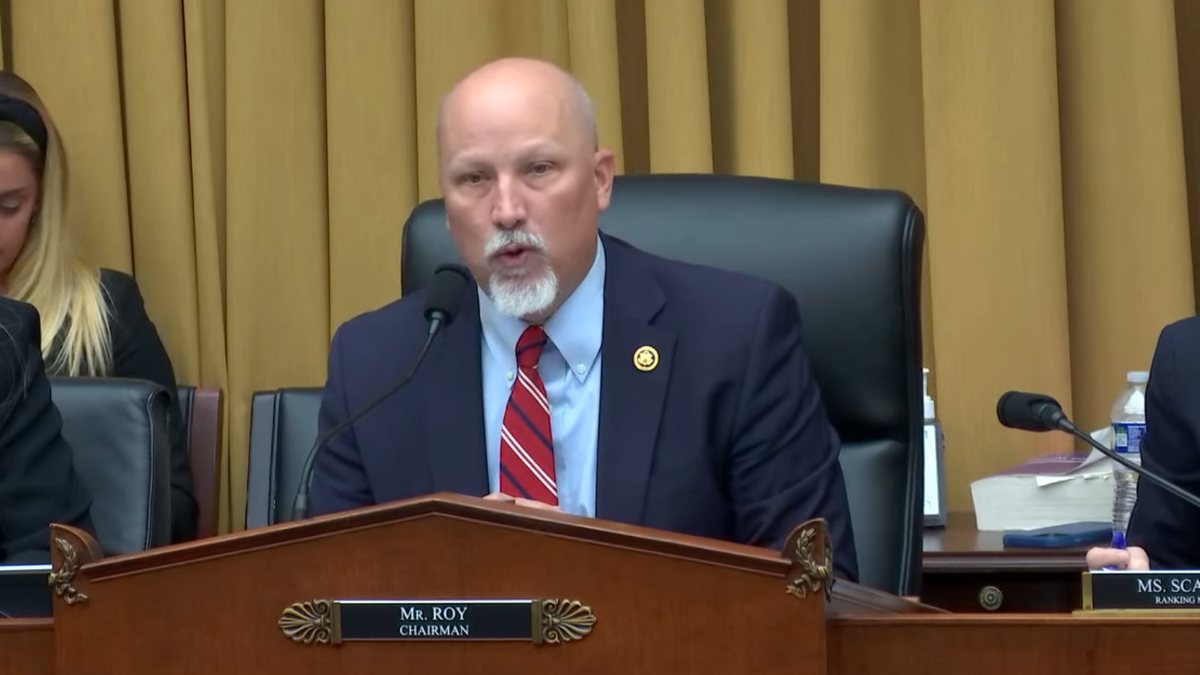It seems that companies buying fetal organs from Planned Parenthood and selling them to researchers have had a dip in sales recently. According to a Buzzfeed article published Sunday night, a series of undercover sting videos by the Center for Medical Progress revealing Planned Parenthood’s organ trafficking scheme has hit the baby organ market hard.
The article, “Scientists are Terrified of Talking About the Planned Parenthood Videos,” talks about how scientists and researchers have been largely silent on how they use fetal organs due to a fear of backlash. Halfway through the article, is this nugget on how baby organ sales have slumped:
Novogenix, for example, a small company in California, has stopped procuring fetal tissue from clinics, the company told one of its customers, a leading scientist who spoke to BuzzFeed News. (Novogenix did not return phone or email requests from BuzzFeed News.)
A similar company, StemExpress, has also been under threat since it was explicitly targeted in one of the hidden-camera videos and mentioned in others. The home address of one of its leaders was posted online, along with a message that she ‘should be strangled with a piano wire,’ according to the San Francisco Chronicle. StemExpress has also lost one of its clients, Colorado State University, thanks to a state lawmaker’s probe. It is likely to lose more.
Talk about burying the lead.
Scientists staying quiet got more column inches than the organ-trafficking industry slowly grinding to a halt. This is the latest example in the media’s difficulty covering the Planned Parenthood videos. Thanks to news sites kowtowing to Planned Parenthood, 70 percent of Americans are still unaware of the undercover footage and organ trafficking.
Media biases aside, this is huge news.
Companies acting like middlemen between Planned Parenthood and organ-buyers are reportedly losing customers, and one has reportedly stopped purchasing organs for the time being. Perhaps if Planned Parenthood’s organ sales drop off enough, abortion will become less profitable.
The frustrating thing is, we don’t need to use organs from aborted babies for medical research. Our own Amy Otto has explained why this is a bunch of baloney. It turns out that using stem cells from fetal tissue doesn’t work as well as using adult stem cells. Also, why should we spend time harvesting them when we can just print them? Seriously, printing new organs sounds like a way better idea than pulling them out of a baby that’s been hacked apart and stuffed into a ziplock bag.
While the organ-trafficking industry’ difficulties are certainly a win for pro-life organizations, it is likely a temporary victory. Unless lawmakers get their act together, it’s probable that sales could resume to normal after the news cycle blows over.









